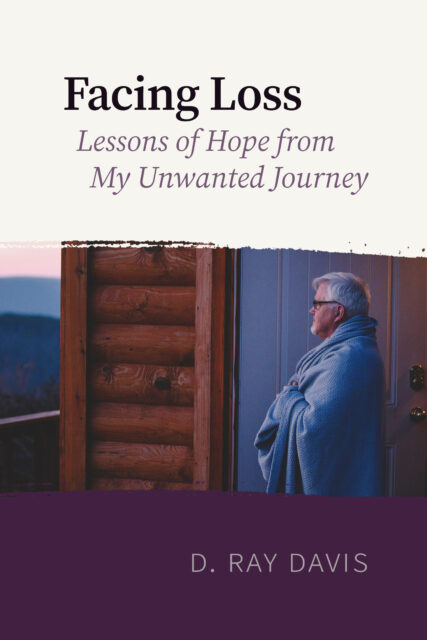Things are not always as they appear. But feelings, experiences, and perceptions are powerful. In a broken world, evil is everywhere; and it appears as if we’ve been abandoned.
“Why, O Lord, do you stand far away? Why do you hide yourself in times of trouble?” Psalm 10:1
I am grateful to know complaint is an important part of lament. God gave a broken world a grace-gift when he gave us the book of The Psalms with unfiltered complaint. I came to a significant realization during painful moments when I allowed myself to step into the uncomfortable arena of complaint. God is not offended by complaint. Our broken world is broken. He agrees. Brokenness grows more palpable the longer you live.
Complaint, then, is an appropriate response. Lament, according to Mark Vroegop, is a four-part journey that begins with turning to God, complaining to God, asking of God, and trusting in God. It’s an oft-repeated process throughout The Psalms. Complaint has many causes. Illness. Injury. Death. Evil. Loss.
Sometimes, the reasons for complaint are as simple as the natural ramifications of life and death. But in Psalm 10, the reasons are more unnatural and intentional. The wicked boast. They pursue the poor hotly. They scheme. They are greedy for gain. They renounce the Lord.
“In the pride of his face the wicked does not seek him; all his thoughts are, ‘There is no God.’” Psalm 10:4
The wicked are against the Lord and against humanity. For themselves. In order to prosper, humans will walk all over other people. And they seem to prosper unimpeded. They live as if they have no day of reckoning. Ever.
They curse, deceive, and oppress, and “…under his tongue are mischief and iniquity” (Psalm 10:7). They crouch to ambush by hiding to murder the innocent. The evil and wicked have their eyes trained on the helpless like a lion in the thicket. They stalk the poor and draw them into a net.
“…we should not be disillusioned by appearances and perceived inaction by God.” Jerry Rankin, In the Secret Place: A Pilgrimage Through the Psalms
In light of the overwhelming oppression, helpless people crumple under the loss. Hopelessness becomes a companion. Desperation visits the heart of any sufferer.
“He says in his heart, ‘God has forgotten, he has hidden his face, he will never see it.’” Psalm 10:11
Again, things may not always be as they appear but sometimes the evil, pain, loss, and oppression corner you, and you are asking God why he is standing so far off. He doesn’t act or intervene or correct or rescue. Does he even see? Complaint, no matter how appropriate, must give birth to faith-filled request, intercession, and petition.
“Arise, O Lord; O God, lift up your hand; forget not the afflicted.” Psalm 10:12
Regardless of the arrogance of the wicked, the petitioner turns to God not only to complain but to ask for action in accordance with the Kingdom and God’s will. Call a spade a spade in prayer.
“…to you the helpless commits himself; you have been the helper of the fatherless.” Psalm 10:14
Faith rehearses requests in keeping with God’s nature. He is on his eternal throne, and he hears requests from the afflicted. Even in despair, strength is delivered to the one on his knees. Justice for the fatherless and oppressed. The complaining petitioner knows that in light of eternity, evil and terror have a limited reign.
God is present. He has not abandoned us. Abandonment is an illusion.
“In prayer, the kingdom of darkness can be conquered, souls brought out of prison into the liberty of Christ, and the glory of God be revealed.” Andrew Murray, The Ministry of Intercession



 Read the E-book Facing Loss: Lessons of Hope from My Unwanted Journey
Read the E-book Facing Loss: Lessons of Hope from My Unwanted Journey